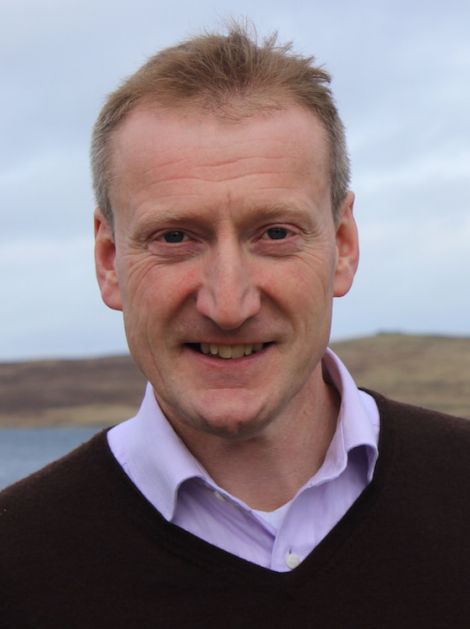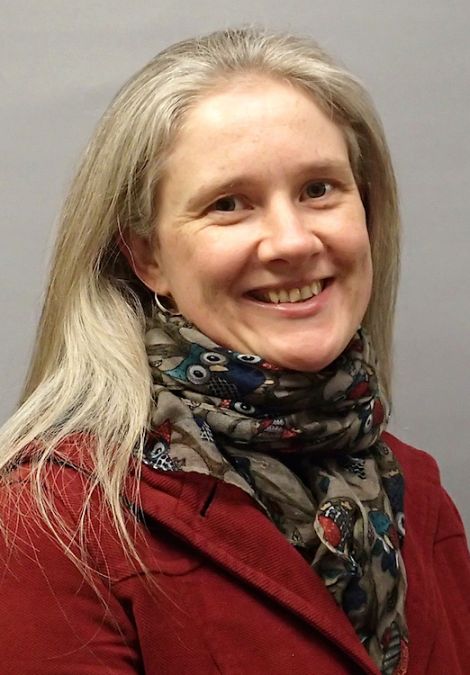Politics / Election: candidates bemoan loss of CADSS
SHETLAND’S election candidates in this week’s Scottish Parliament poll have been setting out their policy positions on alcohol and other drugs.
We asked all four candidates whether they feel the so-called “war on drugs” is working, both nationally and locally, and if they think Shetland has a problematic relationship with alcohol.
The issue has been in the spotlight locally recently with many people left upset after the CADSS alcohol and drugs service shut up shop, with its functions now being offered by NHS Shetland instead.
Closure of CADSS ‘unfortunate’, says Skene
The SNP’s Danus Skene said any “war” on drugs was certainly not being won, though that term itself may be “unhelpful”.
“Drug use should in principle be decriminalised, making it easier for the needs of users to be recognised, and for help to be given,” Skene said.
“Here in Shetland, responsibility for support falls to the NHS and the council, but it is most unfortunate that the ‘third sector’ support offered by CADSS has collapsed, so that facilities such as needle exchange have had to be reorganised, and new trusting relationships built up.”
Dealing in illegal drugs should “emphatically not be decriminalised” and police action against dealers must continue, Skene continued.
“I am personally prepared to listen to arguments for the legalisation of cannabis,” he said, “largely because it might make action to end trade of more serious drugs easier.”
He said a “significant number of people in our community” had alcohol addiction problems and were “drinking to a level that poses them a health problem and undermines their financial wellbeing”.
“Excessive alcohol use can also be very destructive to family and close relationships, and undermine people’s ability to work,” Skene said.
“Alcohol is legal, but it is a drug. It is often said of AA (Alcoholics Anonymous) that if someone goes to them for help, they have taken the most important step because they are recognising that they have a problem.”
Become a supporter of Shetland News
He added that he supported the SNP government’s efforts to establish a minimum per unit price of alcohol: “It is not the whole answer, but it will help.”
Stop penalising addicts, says Lib Dem candidate
The Liberal Democrats’ Tavish Scott said the abuse of alcohol was “a challenge for everyone”, and it was an underlying cause of “many physical and mental health issues”.
“Many people do not attend statutory services run by the NHS and local authority for a variety of reasons,” he said, “and this is why the voluntary sector is so important. I want to see that reflected in financial support for voluntary organisations in the future.”
He said the country was getting it wrong in relation to drug policy too because “penalising people with addictions is not helping them to rebuild their lives and it’s time to try a new approach”.
“Drug use needs to become a health issue, not a justice one, and the current system does not address the various other issues that come with drug addiction including mental health, housing and employment,” Scott said.
“I want to see other options explored, such as bringing people arrested for personal possession in front of an assessment panel rather than sending them to prison.
“Where people receive custodial sentences we need to make sure they have effective rehabilitation to prevent further drug abuse.”
Tories want assessment of reliance on prescribing methadone
The Tories’ Cameron Smith said that, while drug misuse statistics in Shetland “compare favourably” to the rest of Scotland, that is no reason for complacency.
“The new delivery mechanism for support for those affected by drugs or alcohol misuse will need to continue the valued service provided by CADSS, while the recent targeted policing efforts and contributions made by Dogs Against Drugs remain very important to tackling the availability of drugs in Shetland,” he said.
Smith said the picture nationally was more worrying and the Conservatives want to see national policies reviewed and peer-assessed, in particular the reliance on prescribing methadone.
“We would want to see more locally-driven programmes, which focused on progress in treatment, rather than a one-size-fits-all approach.”
In relation to alcohol, he said many people in the Shetland community enjoyed alcohol responsibly but there were problems as a result of misuse.
“Shetland does have, for instance, a much higher prevalence of drink driving than the rest of Scotland,” Smith said.
“This is clearly unacceptable, and so more work will be needed to tackle problems around driving while drunk, and other issues where alcohol presents both a personal health risk and a risk to other people around those who misuse.
“It is encouraging, though, to see that attitudes among younger people are changing, with fewer 13-year-olds reporting they’ve had an alcohol drink, and confiscation of alcohol by the police from underage drinkers decreasing markedly in the past few years.
“A lot of good work has gone on in Shetland’s schools and I would be campaigning to make sure it continues.”
Focus on supply, not possession, says Robina Barton
Labour’s Robina Barton said it was unhelpful to talk about tackling drugs “in terms of a war”.
“Drugs are problematic for individuals and for society as a whole and we need to tackle the problems from a number of angles,” she said.
“In terms of the criminal aspect resources should be directed towards tackling the supply, rather than on individual possession.”
Barton said there was an international dimension with drug traders often involved in “other horrible trades, such as weapons, people trafficking and forced prostitution”.
“To tackle drug use we need to understand the reasons why people use drugs and focus our resources there,” she continued.
“That includes improving mental health services and promoting healthy lifestyles – in particular ensuring that children participate in more sport and outdoor activities that are good for mental and physical wellbeing.”
She said it would be “nice to think that we could move towards a more continental approach to drinking but it would be tricky, as it would require a major shift in how we interact and socialise within our families and communities”.
“The trouble with alcohol is that it is completely acceptable until someone develops an addiction to it, and then they are looked down upon,” Barton said.
“Unfortunately, anyone can develop an alcohol dependency. I was part of the early generation of ‘ladettes’, when girls began heavy drinking en masse, and I suspect we’ll see more women from my age group developing problems.”
She said it was important those struggling with alcohol dependency, and their families, had access to the right support.
“I was shocked to hear of the sudden closure of CADSS and would like to know more of the circumstances surrounding it,” Barton added.
“Having worked with drug and alcohol users, I see continuity and security of treatment as vital, and a sudden change in service provision without a proper handover could create more problems for people with already chaotic lifestyles.”
Become a supporter of Shetland News
Shetland News is asking its many readers to consider start paying for their dose of the latest local news delivered straight to their PC, tablet or mobile phone.
Journalism comes at a price and because that price is not being paid in today’s rapidly changing media world, most publishers - national and local - struggle financially despite very healthy audience figures.
Most online publishers have started charging for access to their websites, others have chosen a different route. Shetland News currently has over 600 supporters who are all making small voluntary financial contributions. All funds go towards covering our cost and improving the service further.
Your contribution will ensure Shetland News can: -
- Bring you the headlines as they happen;
- Stay editorially independent;
- Give a voice to the community;
- Grow site traffic further;
- Research and publish more in-depth news, including more Shetland Lives features.
If you appreciate what we do and feel strongly about impartial local journalism, then please become a supporter of Shetland News by either making a single payment or monthly subscription.
Support us from as little as £3 per month – it only takes a minute to sign up. Thank you.




















































